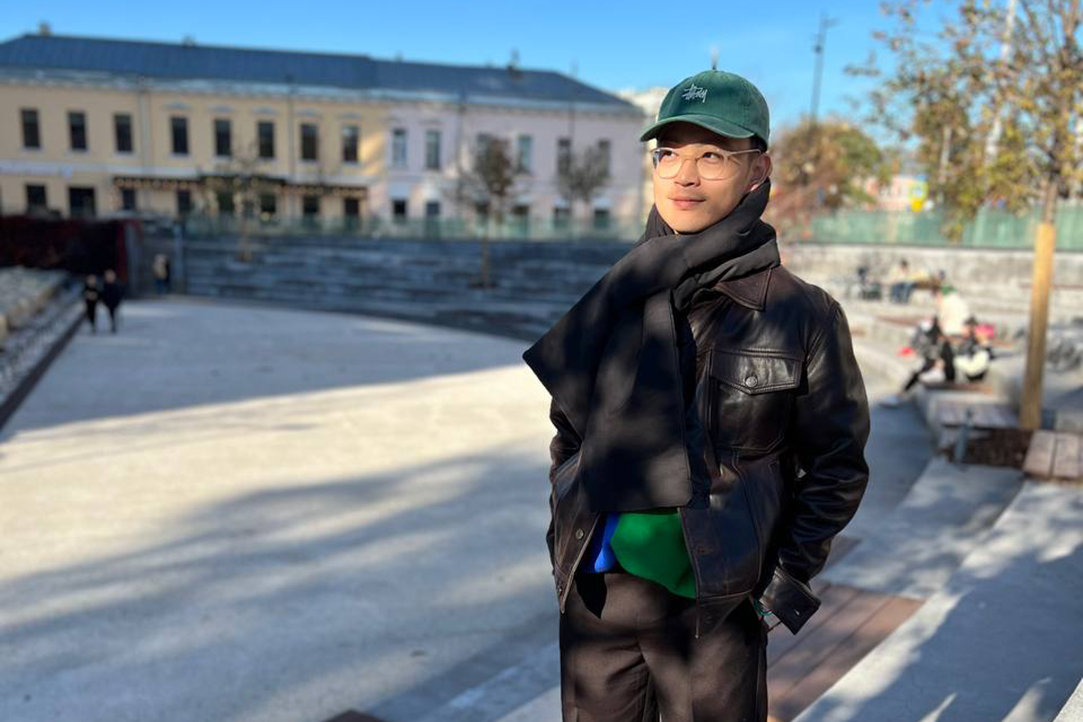
‘I Feel Fortunate to Be Part of Such a Dynamic Environment’
Runjie Geng, Assistant Professor at the International College of Economics and Finance, has been at HSE University since 2020. He joined HSE University after obtaining a PhD in Finance at the University of Zurich. Runjie Geng spoke to the HSE University News Service about his research interests, career, and four years of life and work in Moscow.
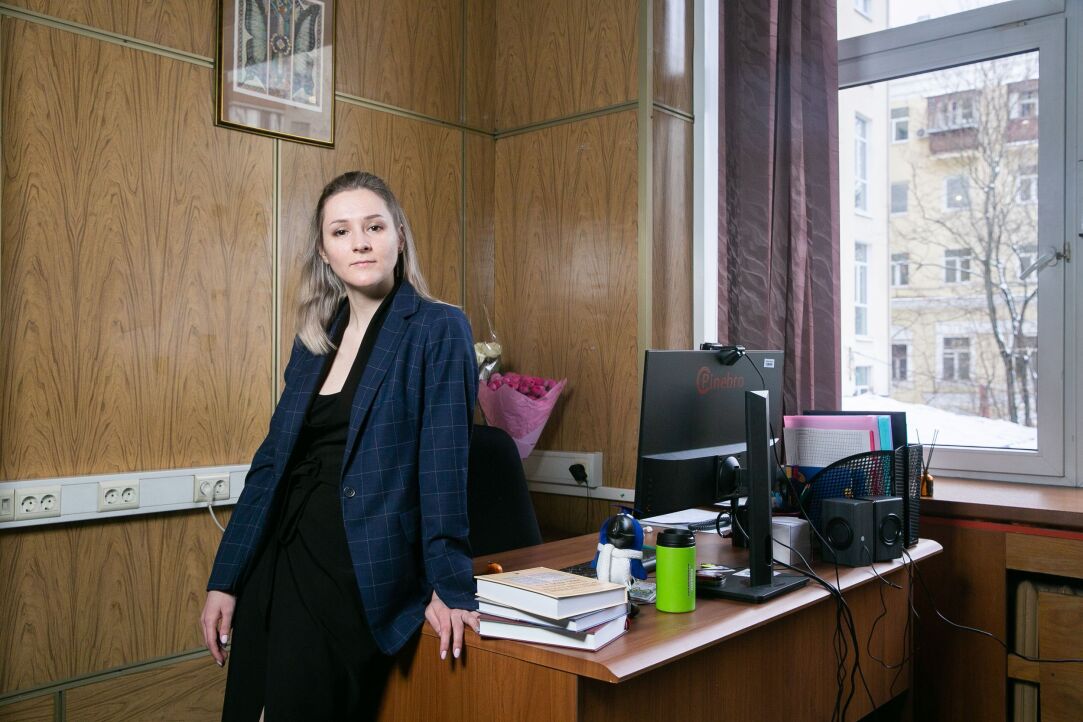
'Intuition Tells Me that Some Knowledge Cannot Be Reduced to Simple Terms'
Daria Alova jokes that she once aspired to be a criminal investigator but ended up becoming a scientific investigator instead. In this interview with the HSE Young Scientists project, she discusses models of legal reasoning, her fascination with Plato, and Ivan the Terrible's eschatological thoughts.
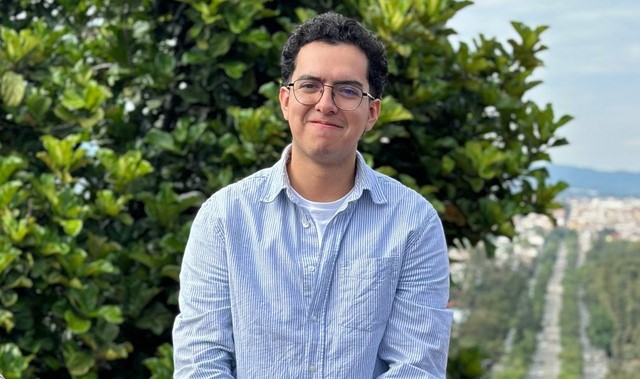
‘Research Skills Helped Me a Lot in My Career’
Luis Santaella, from Mexico, graduated from the Bachelor’s programme ‘Political Science and World Politics’ in 2022. He participated in an international mobility programme in Rome during his studies and is currently working as a political consultant. In this interview, Luis shares his impressions of HSE University–St Petersburg and gives advice to future students from Latin America.

Spring Colours and Indian Culture: Holi Festival Held on Pokrovka
The Holi Festival, a celebration of spring, sunlight and Indian culture, was held at the atrium of the HSE University building on Pokrovsky Bulvar. Students and teachers immersed themselves in the atmosphere of one of the most vibrant Indian holidays, trying on traditional saris, participating in an quiz, and enjoying live performances.

Education System Reforms Led to Better University Performance, HSE Researchers Find
A study by researchers at the HSE Faculty of Economic Sciences and the Institute of Education have found that the number of academic papers published by research universities in international journals has tripled in the past eight years. Additionally, universities have developed more distinct specialisations. Thus, sectoral universities specialising in medical, pedagogical, technical, and other fields are twice as likely to admit students to target places. The study has been published in Vocation, Technology & Education.
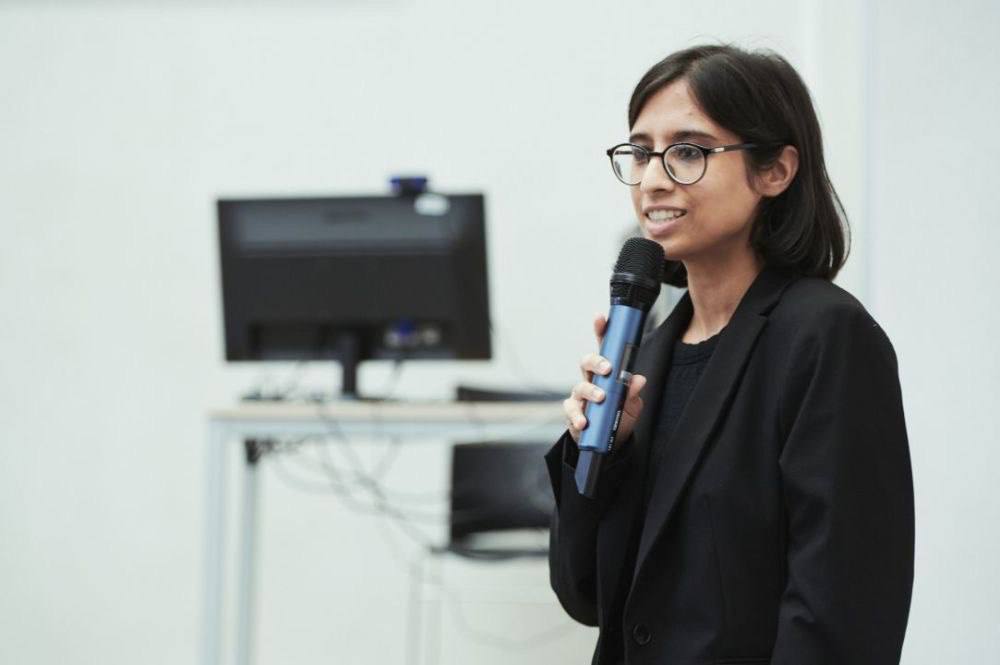
‘New Ideas Can Always Emerge, and We Should Be Open to Them’
The Bachelor’s programme ‘International Relations and Global Studies’ strives to attract the best professors in their field from all over the world. One such professor is Nivedita Kappor, who teaches the course ‘The Theory of International Relations.’ Nivedita spoke to the programme’s press centre about her career path, scientific interests, and experience of teaching the course.

HSE Foresight Centre's Work Praised by United Nations
The HSE Foresight Centre has been featured in a report by the United Nations Secretary-General as a successful example of a centralised approach to technology foresight. The document was prepared for the twenty-eighth session of the Commission on Science and Technology for Development, which is the United Nations’ focal point for technology foresight and technology assessment.
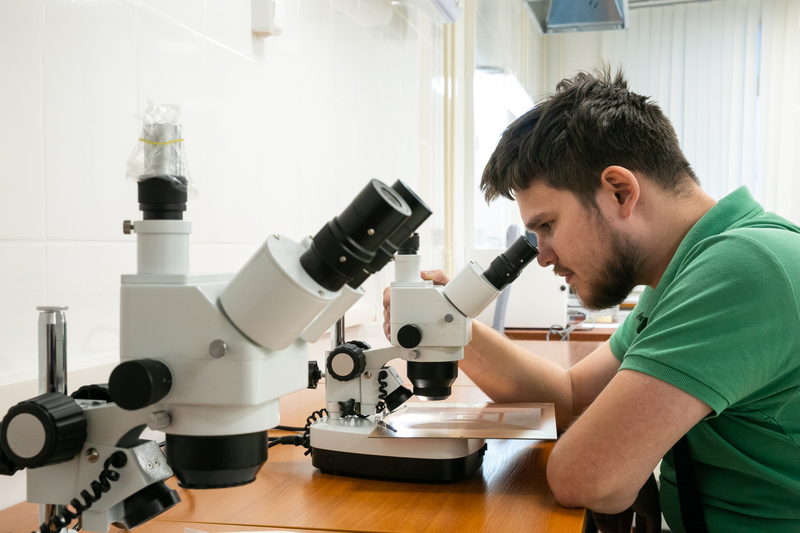
Winners of New RSF Awards Include Projects from Four Campuses of HSE University
The Russian Science Foundation has completed its review of projects submitted for grants to support fundamental and exploratory research by teams, as well as 2022 grant winners applying for project extensions. In addition, interdisciplinary projects for fundamental and exploratory research awarded under the Presidential funding programme have been announced. Projects awarded under each of the three categories include submissions from researchers at all four campuses of HSE University.

Nowruz at HSE University–St Petersburg: Spring Festival Unites Representatives of Various Cultures
The HSE building on Griboyedova Canal Embankment hosted an event devoted to Nowruz—an ancient Eastern festival symbolising the beginning of a new year and renewal of nature. Students of various universities from Pakistan, India, Iran, Uzbekistan, Afghanistan, and Azerbaijan shared their distinctive local traditions, festive decorations, and national cultural practices.

Scientists Record GRB 221009A, the Brightest Gamma-Ray Burst in Cosmic History
A team of scientists from 17 countries, including physicists from HSE University, analysed early photometric and spectroscopic data of GRB 221009A, the brightest gamma-ray burst ever recorded. The data was obtained at the Sayan Observatory one hour and 15 minutes after the emission was registered. The researchers detected photons with an energy of 18 teraelectronvolts (TeV). Theoretically, such high-energy particles should not reach Earth, but data analysis has confirmed that they can. The results challenge the theory of gamma radiation absorption and may point to unknown physical processes. The study has been published in Astronomy & Astrophysics.

